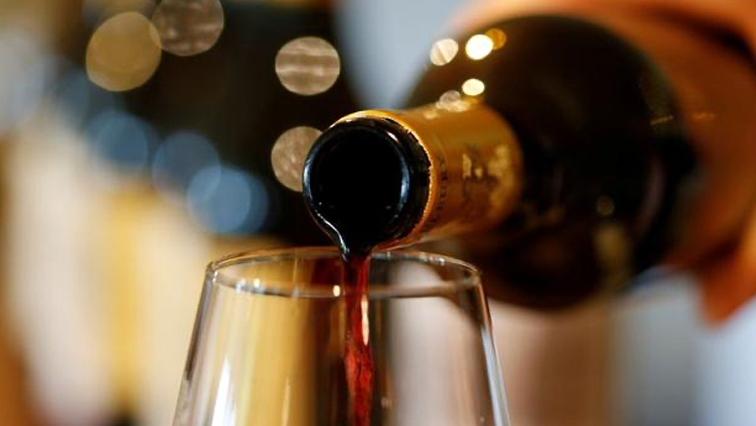Early in the morning, in Tori-Bossito, a rural community in Benin, Jean-Paul Mangata, a Congolese palm winemaker is working out with other young aspiring farmers. Stretching, Jumping, jogging, a military like program performed in a good atmosphere.
“For agricultural practice, it is very important to be in good shape and to be in good shape means that it is necessary to exercise, and here, it is necessary to enlighten the spirit as well as the body,” explains Bamidele Ladurou, boot camp trainer.
Mangata and 20 other participants are taking part in the 7th edition of the Agro Boot Camp, a training camp aimed at teaching a younger generation of entrepreneurs and farmers sustainable farming that works with nature and without the use of chemicals.
In addition to learning traditional farming techniques, the boot campers also participate in marketing courses while living together as a community during the seven day intensive course.
“The main reason that pushed me to participate is to acquire knowledge in agroecology because I am in the wine production, I want to control the fruit that I use because I want to preserve our nature. For that reason, we as producers have to control our production chain and to control this we have to know what we are using and for that we have to learn these agroecology techniques that we are using here,” said Mangata.
As West Africa is facing its worst food crisis on record driven by conflict and drought according to aid agencies, the need for training in region is becoming more relevant.
The boot camp concept was set up by the Beninese-Nigerien NGO “Les jardins de l’espoir”, it mixes practical and theory-based learning techniques while encouraging participants to stay in shape.
“We realized that there was a need for training in this area, so we immediately initiated a very practical training camp. It is true that there are theories but we delve more into the practical side of things to show them the knowledge, skills and techniques to practice agriculture in a healthy way. Agroecology is farming without pesticides. We have remedies for the different pesticides and techniques to allow them to have extraordinary yields,” said Bernard Ayivi, the boot camp general coordinator.
Back in his native Kinshasa, Jean-Paul Mangata is eager to apply what he learned in Benin. His company, Tomela Wines, created in February 2020 produces wine from local fruits such as carambola and palm trees. Thanks to the boot camp, he plans enrich the soil of his plantation with a combination of different organic techniques.
“It’s a pleasure because you know that your production model is oriented towards a production model that will allow planet survival and that will not be a destruction factor of the planet. So it’s a pleasure as a human being. We have ancestors that have preceded us but we also have a progeny that will come after us,” he says.
For the moment Tomea Wines produces about 60 litres of palm wine and 37,5 litres of fruit fermented wine per trimester depending on the demand. Mangata’s next goal is to acquire 400 litres tanks for fermentation in order to increase production.
More than the learning experience, Mangata says he made good friends and connection while living with other boot campers. One of his new friends from Burkina Faso even provided him with seeds.
“What touched me a lot apart from the trainings is all the human interaction, the relationship between the boot campers. That is to say that we live in the same community, we came from different countries with Beninese, there were Burkinabes, Nigerians and Congolese. We were divided into groups so every day we had to work together, we had to perform tasks. Being divided into groups from different countries allowed us to develop a relationship that is even beyond the training that we learned,” he said.


